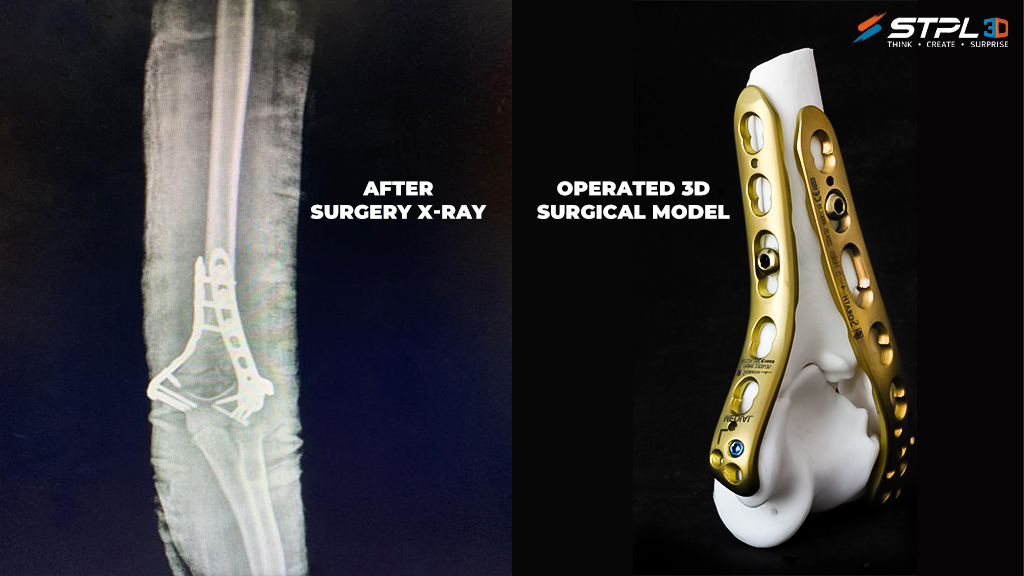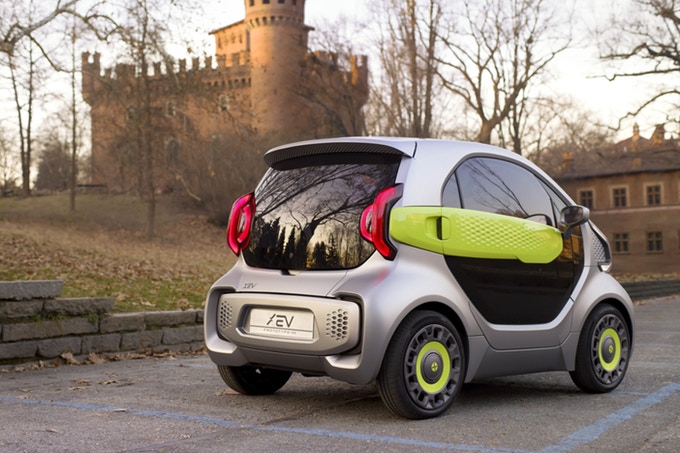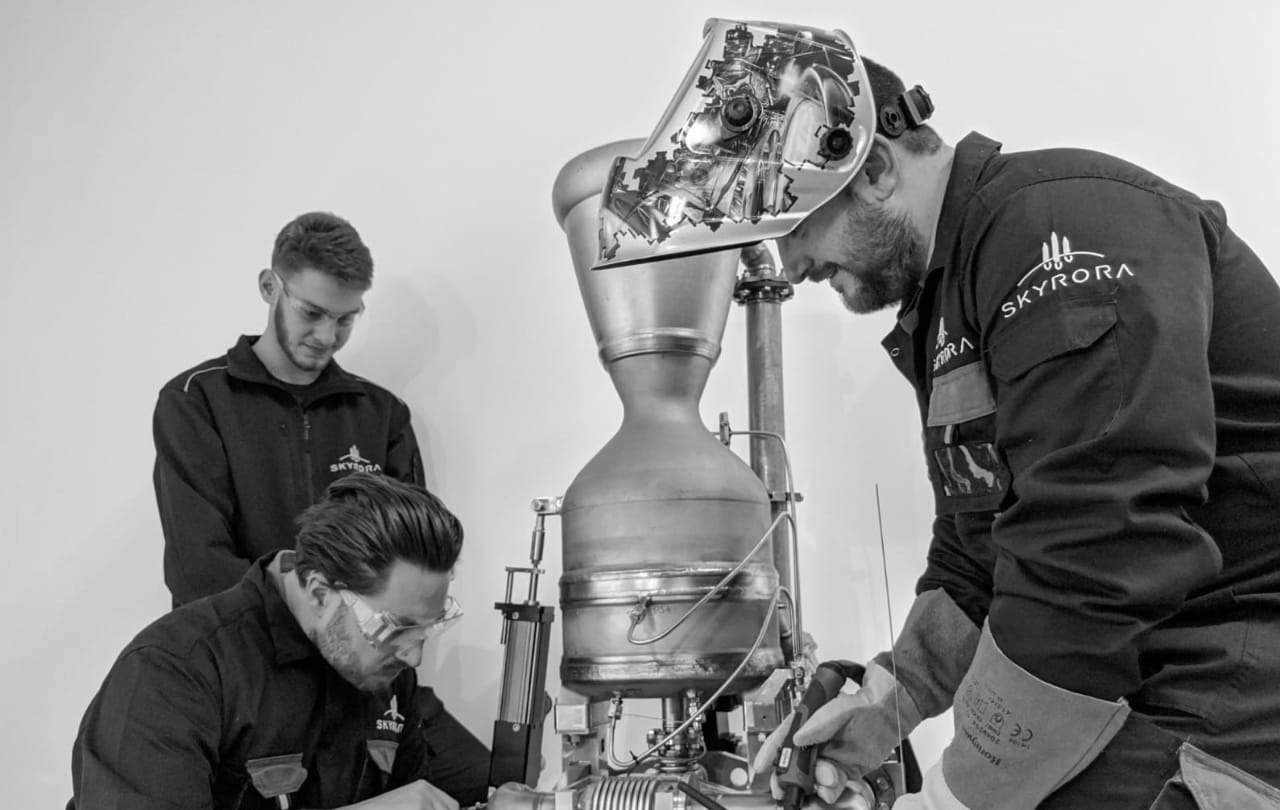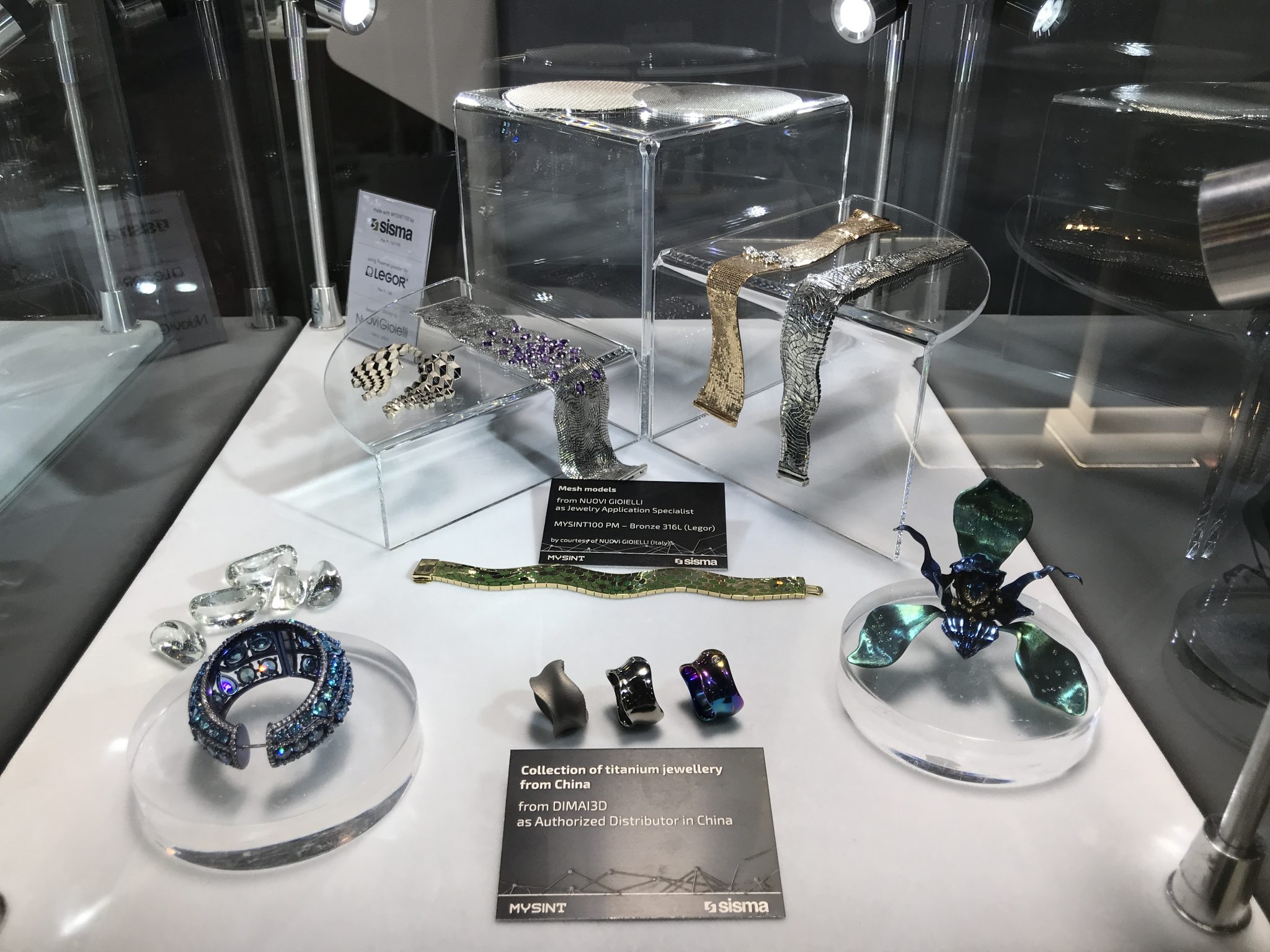In this edition of Sliced, the 3D Printing Industry news digest, we cover the latest business developments, partnerships, and acquisitions across the additive manufacturing industry.
Today’s edition also features the latest medical innovations, a 3D printed electric mini-car, and HP’s individually customized insoles.
Read on for the latest news from Skyrora, Fathom, 3D Hubs, Zortrax, BEAMIT, LulzBot, SISMA and more.
3D printed organs aids medical training and surgeries
Australia-based Fusetec is producing 3D printed models for medical training. The models allow students to practice procedures related to specific pathologies such as tumors, broken bones or defective heart valves. According to the company, surgical students rarely have the opportunity to practice on real organs during their studies. Mark Roe, CEO of Fusetec said, “These skills are developed during their hospital residency. This means that most first-year surgical residents are performing dissections for the very first time on extremely expensive cadavers, or on real patients at a high risk to both the patients and the surgical residents.”
Roe added, 3D printed body part models negate the risk of bacteria and difficulties with strict storage, disposal protocols or regulatory burdens.
Also in surgical news, Dr. Jignesh Pandya, a joint replacement surgeon from Surat, India and a team from STPL3D have 3D printed a patient-specific fractured elbow bone model for complex orthopedic surgery. Dr. Pandya came up with the idea to 3D print an organ model since his patient was only 14 years old and the operation was considered to be too dangerous.

Medical 3D printing company Axial3D and Durban-based service provider MedTech3D have partnered to ensure affordable access to high-quality 3D printed models in South African hospitals. As stated by Dipika Maharaj, founder and MD at MedTech, this collaboration will strive to provide premium healthcare at affordable rates within.
3D printed electric mini-car launched on Kickstarter
Turin-based startup XEV launched a Kickstarter Campaign for its 3D printed car, called YoYo. Additive manufacturing is used to customize the shape of this vehicle without additional tooling costs. This has also helped lower the vehicle’s weight and carbon footprint.
Italian car manufacturer XEV has previously partnered with 3D printer filament manufacturer Polymaker to produce 3D printed low-speed electric vehicles (LSEVs) in 2018.

3D printing and the aerospace and space industry
Skyrora, an Edinburgh-based space launch company, has presented its newly built 3D printed rocket engine, completed in Loanhead. Using powder bed fusion, Skyrora was able to reduce the part count and the cost of the engine build to decrease manufacturing complexity.
The engine is 30 kilonewtons (kN) liquid bi-propellant with three-tonnes of thrust. Dr. Jack-James Marlow, engineering manager at Skyrora, said: “This development places Skyrora as a leader in the European launch vehicle market. With our plans to start testing and then launch, 2020 is going to be an exciting year for us. We can’t wait to get started.”
The engine took over three months to assemble and was welded at Skyrora’s Scottish production facility. Final assembly and precision tungsten inert gas-welding were completed at Skyrora’s production facility in Loanhead, Midlothian. Testing begins this quarter.

Also in aerospace news, Californian design studio FATHOM has received AS9100 Rev. D certification, the standardized requirement supported by the International Aerospace Quality group. With this accomplishment, the company, who was recently acquired by MCT, will support the aerospace and defense sectors using additive manufacturing.
Elsewhere, a collapsible 3D printed lunar rover wheel design won the $3000 grand prize at a competition sponsored by the Advanced Manufacturing Program. Members ofM the winning team CLOVER were mechanical engineering juniors from Colorado School of Mines. They created the wheels from aluminum and titanium wheels, equipped with a shovel to scoop up small samples of the lunar regolith. The shovel then pours the collected sample into one of the wheel’s attached test tubes with every revolution. “The inspiration for our design came from the kids’ toy that you throw like a frisbee but deploys into a ball when thrown” – said mechanical engineering junior, Claire Thomas.
Made In Space, a space manufacturing technology company, is relocating its headquarters and satellite manufacturing operations to Jacksonville, Florida. The new corporate headquarters will include the capability to locally manufacture, test and control spacecraft and in-space manufacturing equipment.
This relocation is a strategic step for long-term growth, according to Andrew Rush, President, and CEO of Made in Space. “By expanding our presence in Florida we can leverage a skilled aerospace workforce, large scale infrastructure to support our growth, and key strategic partners like Space Florida that will accelerate our momentum as we continue to develop world-class space technology.”
Expansions and new facilities of 3D printing companies
Manufacturing on Demand
After entering the French market, online manufacturing platform 3D Hubs is expanding further in Europe by opening new offices in Berlin, Germany. With the expansion, the Amsterdam-based platform plans to offer instant quoting, reduced lead times and virtually unlimited manufacturing capacity for German companies.
“Entering the German market further strengthens our position as the leading force behind digital manufacturing in Europe. With an experienced local team on the ground, we are excited to provide German companies with a platform that helps them compete with the biggest players in the industry” explains Bram de Zwart, founder, and CEO of 3D Hubs.
Polish 3D printer manufacturer Zortrax has launched 3D printing services for individuals and businesses to give expert support besides their technology. Rafał Tomasiak, CEO of the company said, “we want to be not only a manufacturer of equipment but also a partner for everyone interested in implementing 3D technology in their projects or on the production line. Custom printing means opening another segment of customers who do not necessarily have their own equipment, but who want to take advantage of the possibilities offered by 3D printing.”
The Poland-based company announced, its services will work with a full range of Zortrax products including M200 Plus, M300 Plus, M300 Dual, Inventure or Inkspire, and dedicated materials. After filling out the form on the company’s website, Zortrax specialists will help to select the suitable technology and material for the printout. To handle the orders, the company’s 3D printing farm consists of more than 200 Apoller devices and the final product can be sent to any location worldwide.
Italian additive manufacturing service bureau BEAMIT is expanding over the continent, opening a commercial agency in Japan. Eiji Akita, a former Senior Chief Engineer of Mitsubishi Hitachi Power Systems will act as the company’s Japanese representative.
The company aims to gain presence in highly technological geographic areas, bringing skills and knowledge for the energy, motorsport and all sectors benefiting from additive manufacturing.
Melbourne-Based Auto Innovation Centre (AIC) has officially opened to the Australian Automotive Aftermarket Industry, with a new facility to support the continent’s automotive and manufacturing sector. AIC is working with EVOK3D to produce full-color functional prototypes in durable Nylon with HP 580.
With multiple meeting and training rooms, Centre of Excellence will be a Hub for automotive training and education. Luke Truskinger, Managing Director of AIC said, “this is a fantastic new facility for the industry, so we welcome companies contacting us to discuss, how the centre can directly assist their business.”
“LulzBot desktop 3D printers live on!” – tweeted the desktop 3D printer manufacturer LulzBot, who recently moved to North Dakota. The company survived some tough months, following rumors that it would close down. Nevertheless, it was acquired by Fargo Additive Manufacturing Equipment 3D (FAME 3D) in November 2019 and has marked the production of the first LulzBot Mini 2 from its new Fargo facility.
HP shoe venture, SISMA extends 3D printing systems available to jewelry industry
Combining the power of biometric data and 3D printing, HP, insole manufacturer Superfeet, and New Balance have partnered to produce customized 3D printed insoles. With HP’s Multi Jet Fusion technology, the collaboration aims to accelerate the mass personalization of footwear.
The new method, using personalized biometric data from FitStation and designing with Multi Jet Fusion would enable companies to manufacture on-demand precise and cost-effective footwear. “Together with partners like Superfeet we are helping the world’s leading footwear companies take full advantage of digital manufacturing, create innovative designs, improve workflows, and deliver individualized products,” said Philipp Jung, General Manager & Global Head of Vertical Industries & End-to-End Applications, 3D Printing & Digital Manufacturing, HP Inc.
Italian 3D printer manufacturer SISMA presented its latest DLP technology-based 3D printer, EVERES VARIO at VicenzaOro T-Gold 2020, jewelry focused exhibition in Italy, displaying brand new samples. The new model reaches the 3840 x 2160 px resolution with a 4K UHD Projector, offering the highest definition in 3D DLP resin printing.

EVERES VARIO keeps the technical-functional features of the EVERES family, including the self-alignment and self-reset of the construction platform, the automatic loading of the resin or the “Click & Make” functionality.
New features include a Double resin cartridge for higher productivity without interruption. EVERES VARIO prints in two volumes, with a variable base from 115.2 x 64.8 mm to 226.6 x 127.4 mm and a maximum height of 450 mm, with two XY resolutions of 30 or 59 µm.
Chicago-based advanced digital manufacturing company Fast Radius has launched its online portal to provide instant quotes for advanced manufacturing parts and projects.
The portal is meant to serve customers who need bridge tooling while they ramp up to high-volume production, who’ve encountered supply-chain disruptions, who have uncertain demand for a new product, or variable and unpredictable demand for existing products.
For the pricing quote, visitors need to upload a part or design for additive manufacturing, CNC machining, injection molding or urethane casting to quote.fastradius.com.
* This article is reprinted from 3D Printing Industry. If you are involved in infringement, please contact us to delete it.
Author: Olivia Harangozó

Leave A Comment